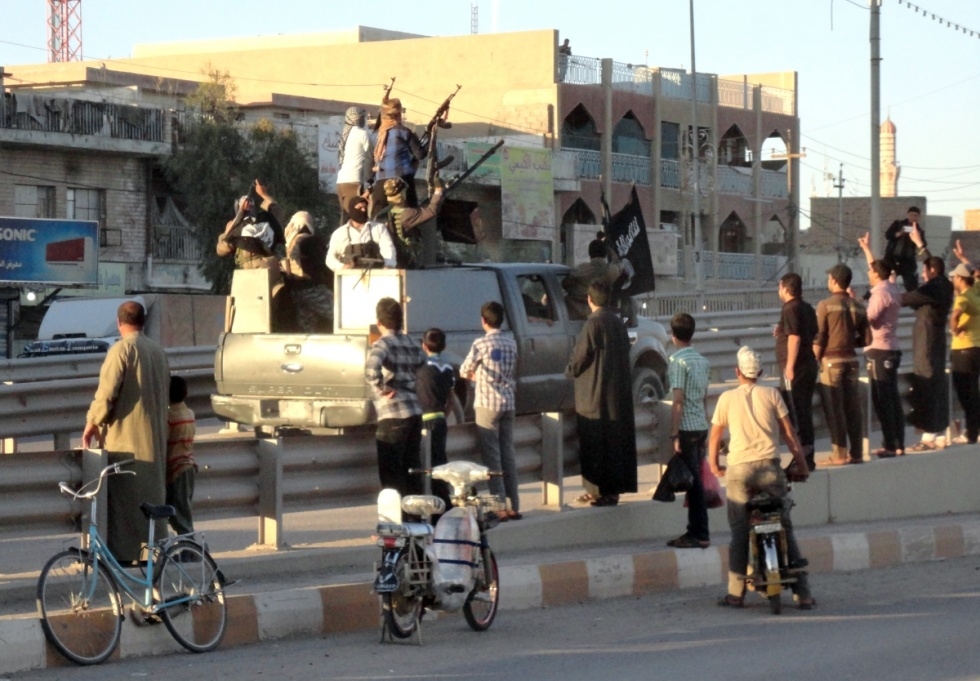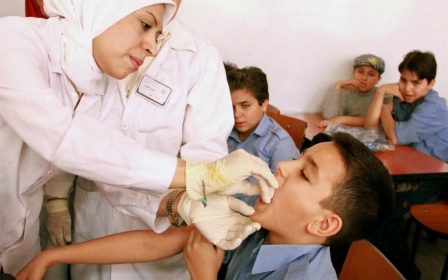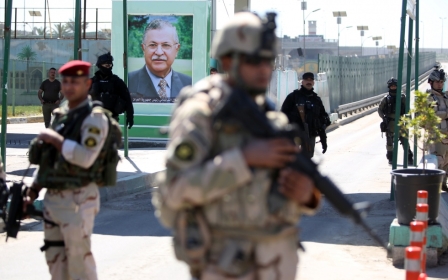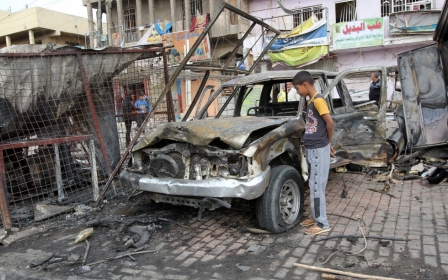Militants deliberately cause flood in Iraq's Anbar province

At least 1,700 Iraqi families have fled their homes in Fallujah's Abu Gharib district in the restive Anbar province after an armed group in control of a local dam opened the floodgates and released a deluge of water into the area.
The Ministry of Migration and Displaced Persons have registered 700 families from Abu Gharib whose homes have been submerged by floodwater. At least 1,000 more who fled to neighbouring areas including Baghdad are currently being registered, ministry official Haidar Aday told Anadolu Agency (AA) on Thursday.
The Fallujah dam was seized by the Islamic State of Iraq and Levant (ISIL) on 12 April, which also took control of large swathes of the city last December.
Members of the armed group closed off the dam two weeks ago, which temporarily stopped the water supply to most southern provinces, Sabah Karhout, Anbar local authority chief, told AA.
Since last December, the Iraqi army has implemented a major offensive in the Sunni-majority Anbar province, fighting ISIL and other groups from Ramadi and Fallujah which Baghdad say are linked to al-Qaeda.
New MEE newsletter: Jerusalem Dispatch
Sign up to get the latest insights and analysis on Israel-Palestine, alongside Turkey Unpacked and other MEE newsletters
Local Sunni tribes who oppose Iraq’s Shiite-dominated government continue to voice anger over the offensive’s mounting civilian death toll.
The UN launched an emergency appeal this month in response to the crisis in Anbar, which has displaced more than 400,000 people and killed hundreds in the past two months according to government officials.
Meanwhile, violence continues to plague the capital Baghdad, where a suicide bomb attack killed at least 11 people on Thursday morning, ahead of planned parliamentary elections scheduled for 30 April.
Voters will elect the 328 members of the Council of Representatives, the legislative body that will in turn elect the country’s president and prime minister.
Middle East Eye delivers independent and unrivalled coverage and analysis of the Middle East, North Africa and beyond. To learn more about republishing this content and the associated fees, please fill out this form. More about MEE can be found here.




